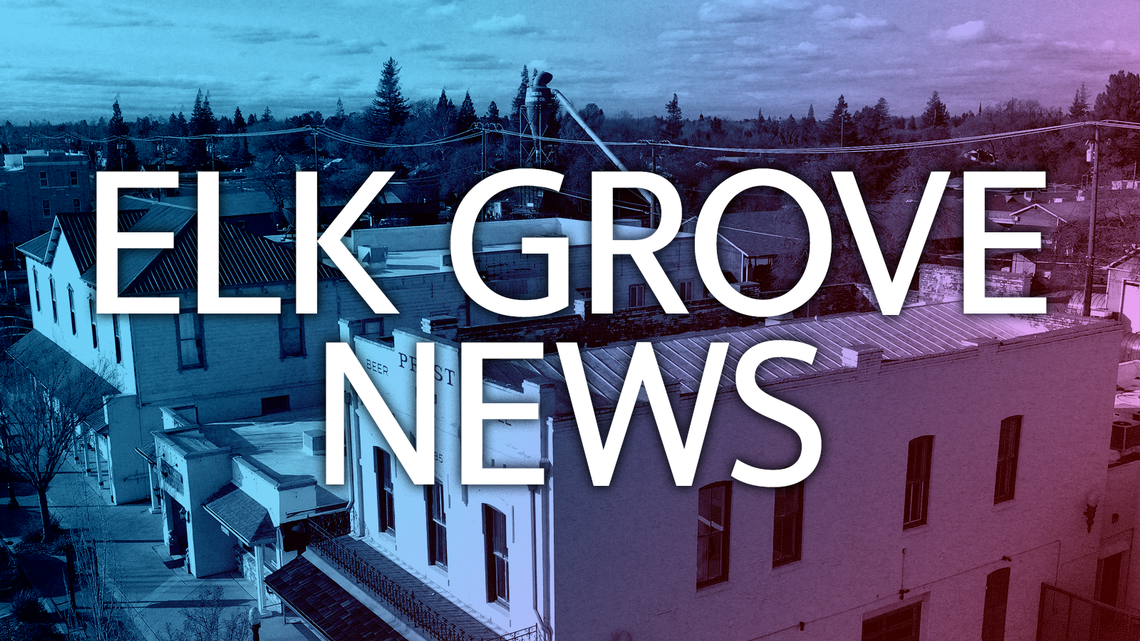Elk Grove voted to pay more for ‘quality-of-life.’ Now, 1% sales tax hike is set to kick in

Elk Grove’s 1% sales tax hike, approved by city voters last fall, goes into effect Saturday.
The city-backed Measure E, dubbed the “Safety & Quality of Life Measure,” raises $21.2 million annually with the revenue going toward public safety and emergency response, efforts to address homelessness; and to pay for street, road and park maintenance, among other needs.
The tax increase from 7.75% to 8.75%, tying Elk Grove with Sacramento and Rancho Cordova for the county’s highest sales tax, passed in November by a 54-45 margin.
The tax doesn’t apply to rent, utilities, groceries or medicines, and, city officials said, the money cannot be diverted to state or federal coffers.
Elk Grove officials in the run-up to the fall elections said the city wants to hire 27 more police personnel over the next five years. Some $2 million a year will be needed to maintain and improve city streets and roads and relieve traffic congestion, City Manager Jason Behrmann has said.
“We have to have resources to keep people safe and to respond to emergencies,” Elk Grove City Councilman Darren Suen said last July. “Our needs as a city as we grow will continue to increase and if we’re not able to keep up, we’ll be left behind.”
A months-long public campaign by Elk Grove and the Cosumnes Community Services District, which provides Elk Grove’s fire services, laid out spending priorities and built support — more than 60% of residents surveyed in a city-commissioned poll said they would support the 1% hike.
In February, Elk Grove and Cosumnes district officials hosted community forums to hear residents’ ideas on how the money should be spent. More than 200 people filled a hall at the city’s District 56 community center to weigh in on how Measure E revenue can be used to tackle homelessness. Other forums focused on economic development, reducing crime and maintaining streets and parks.
Sales tax revenue is the fuel that powers Elk Grove’s economy. Roughly 38% of Elk Grove’s general fund comes from sales tax revenue, much of that from auto sales out of Elk Grove Auto Mall, and is the primary funding source for many of the city’s essential services. Auto sales and the city’s broader economy remained relatively unaffected by the COVID pandemic and its lingering economic effects.
Meantime, the Wilton Rancheria tribe pledged $186 million to Elk Grove and Sacramento County over the next 20 years from its newly opened Sky River Casino to improve public safety and education, roads and other services. The cash would go to fund many of the same services targeted by the new sales tax hike. Sky River Casino has exceeded its own financial targets in its opening months.
The broad voter support for a sales tax increase came despite concerns of inflation price hikes and a looming recession, particularly among working families and the city’s seniors. But many others appeared to react to their own mounting concerns over crime and homelessness.

 Yahoo Movies
Yahoo Movies 
